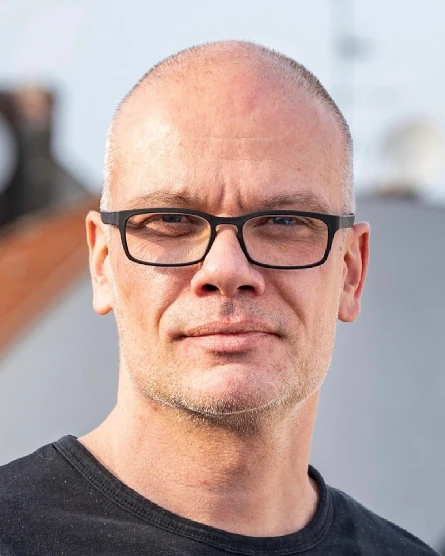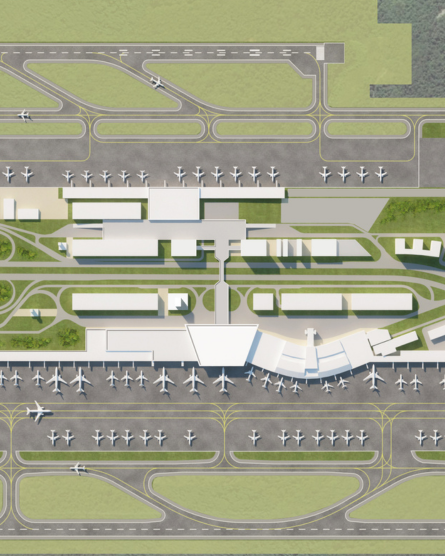This year I am 30 years in planning large and complex projects: 1995 after studying architecture at ETH Zurich I had the chance to work as a design architect in Berlin. Due to the situation after the German-reunion I was fortunate to design within the next 9 years a bunch of interesting and complex projects : A hospital, a part of the new foreign ministry of Germany, the refurbishment of the Berlin Olympic Stadium, two large libraries, a university, and an embassy building.
After shifting from architecture to project management, I worked one year on the refurbishment of Deutsche Bank Headquarter in Frankfurt. Then my curiosity brought me to airport planning, which felt like the exact right thing (of course I dreamed to become a pilot as a 10-year-old!).
I believe that the planning process of complex and large-scale project is somehow an art in itself. I therefore recently summarized my 10 most important learnings:
1 PROJECT ORGANISATION
each project is unique. There is no “one size fits it all” approach.
You have to tailor-made the project organisation according to the specific circumstances
2 CHOOSING THE RIGHT TEAM
Need professional results? Hire experienced teams and hand over power to them! (they need tob e experienced in building projects… not necessarily in your organisation)
3 BALACING INTEREST
You need to balance line and department interests on one hand and project reality on the other.
In many cases, it means involving the client CEO in project decisions, as he or her is the only person who can deliver a holistic “best for the whole organisation” view.
4 MANAGING DECISIONS
To many stakeholders involved in decision-making will 100% kill every project progress (and your schedule and budget). If you can’t keep the amount of involved people small…
split it up: work with a project team, a steering committee and give all the others a voice (but no decision power) in an additional “review board”.
5 CONSTRAINTS ARE GOOD
Time and cost constraints are not obstacles…they are one of the most helpful tools for an efficient project process.
6 MAKE A ROADMAP
The more complicated the project, the more important it is to have a clear roadmap. Reflect on it regularly. Adapt when necessary. Waterfall longterm, agile or lean on a week-to-week basis. A good project route map can be told as a story, not only as an abstract bar chart.
7 PLANNING A XXL-PROJECT
You are planning a xxl-sized project? Consider a phased approach in design and construction. It reduces project risk dramatically.
8 LEARN FROM OTHERS
Learn from other projects, or maybe even from other industries.
(Often projects think they “don’t have enough time” to visit another project. Believe me: you will always pay for shortcuts)
9 CONFLICTS
Be generous. Always try to understand the other side.
Trust over contract details. Keep away from lawyers by all cost.
(Learning how to manage conflicts might be the most underrated knowledge in projects)
10 HAVE FUN!
Projects are always stressful. The bigger they are, the more difficult it gets. Therefore, don’t forget the fun. Make jokes regularly. Celebrate progress!


